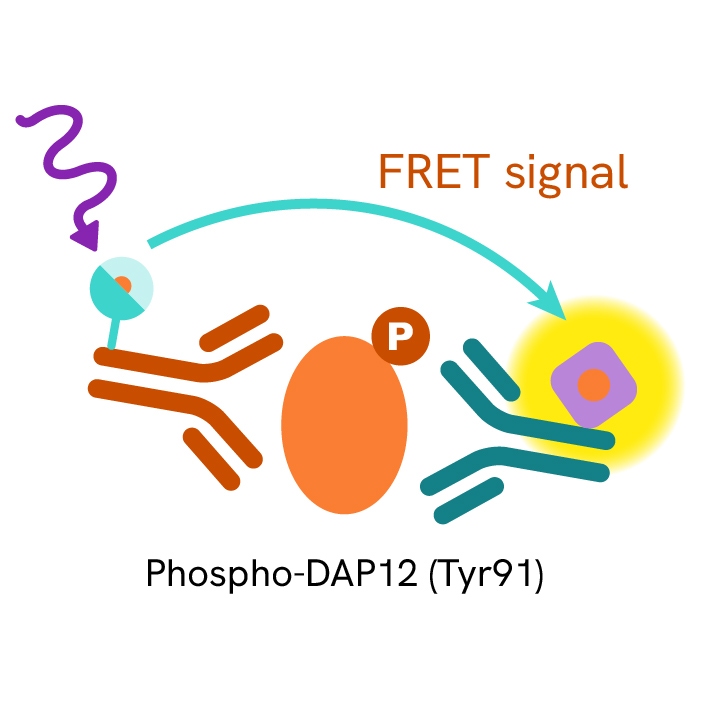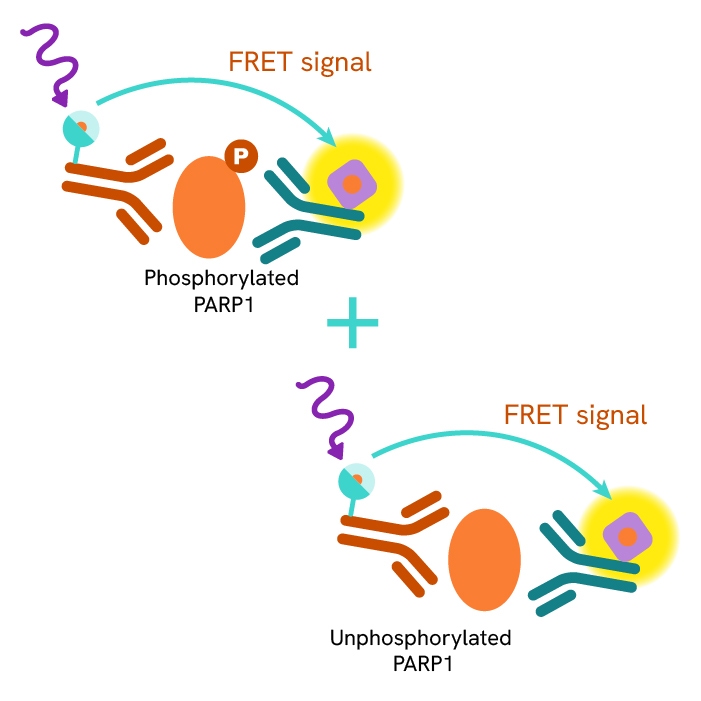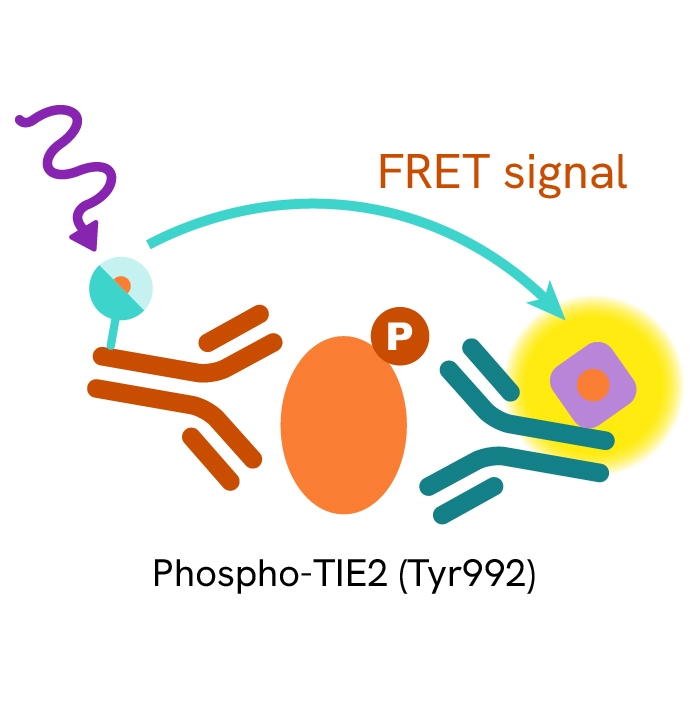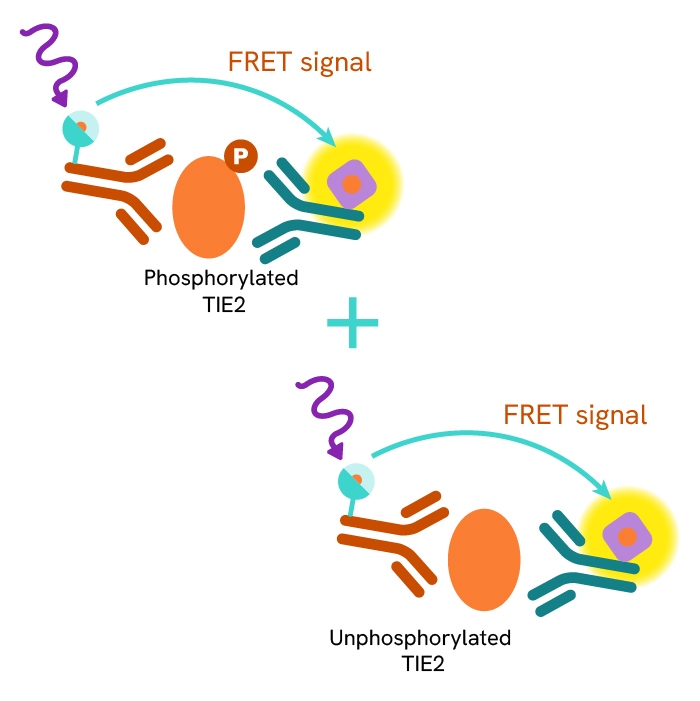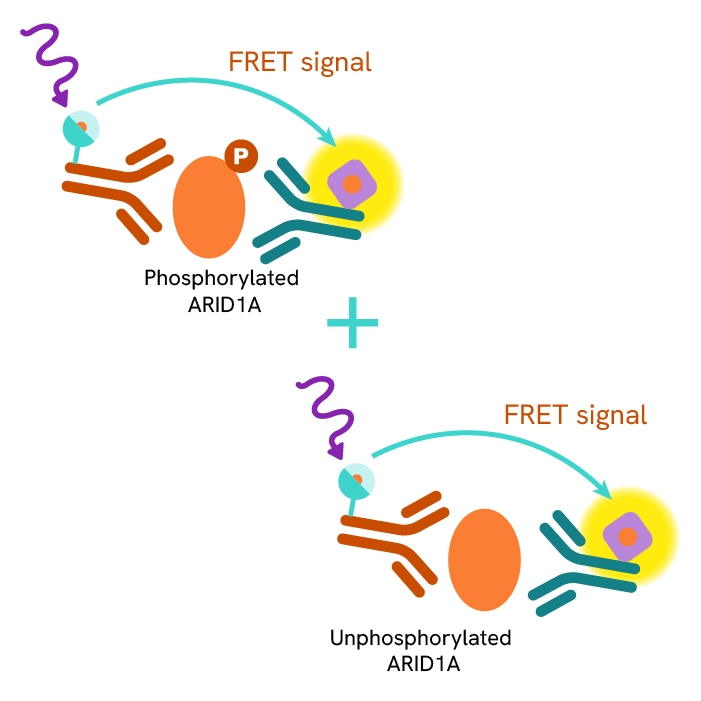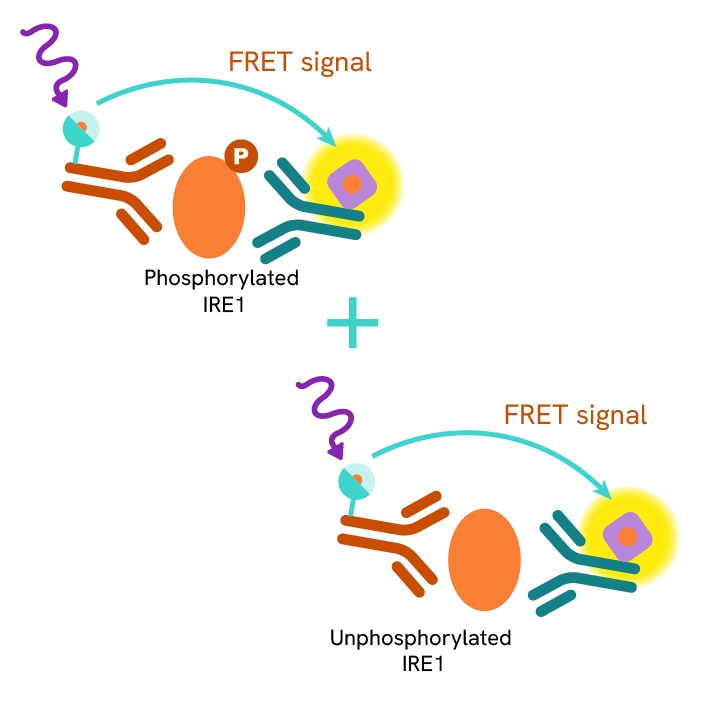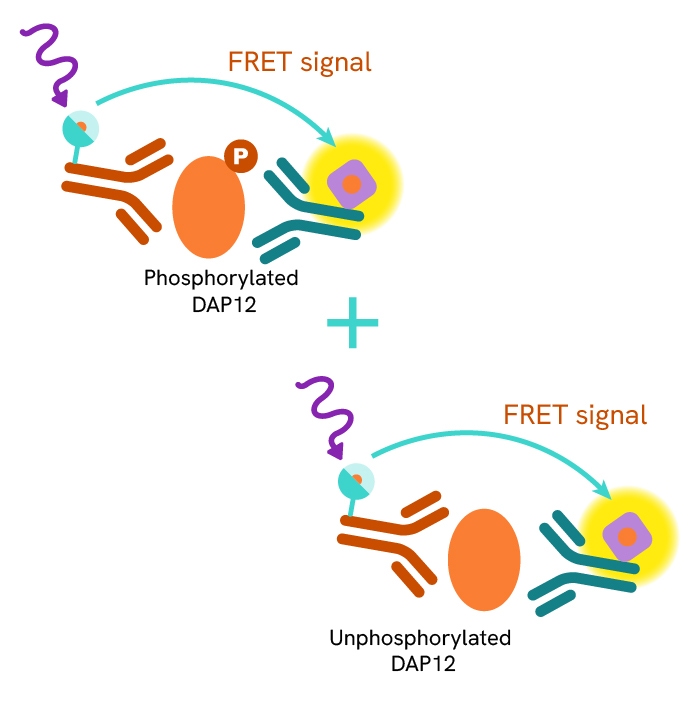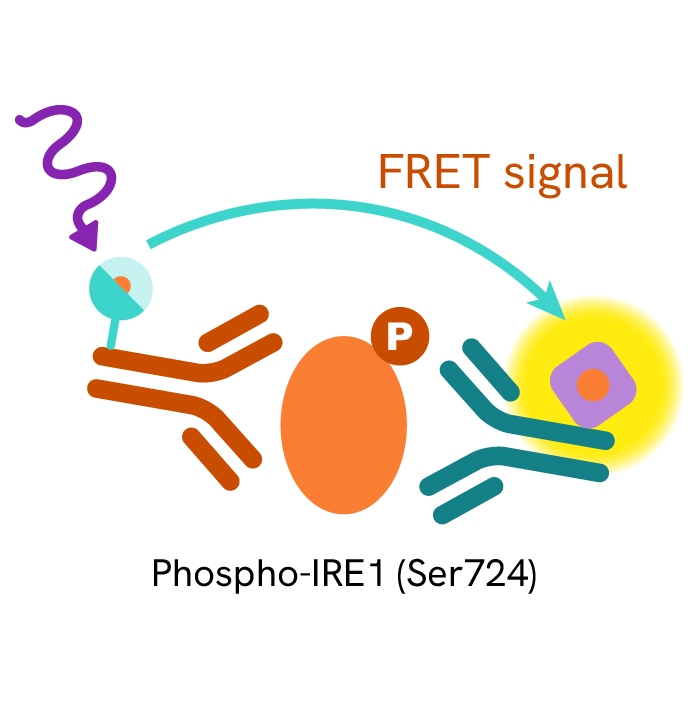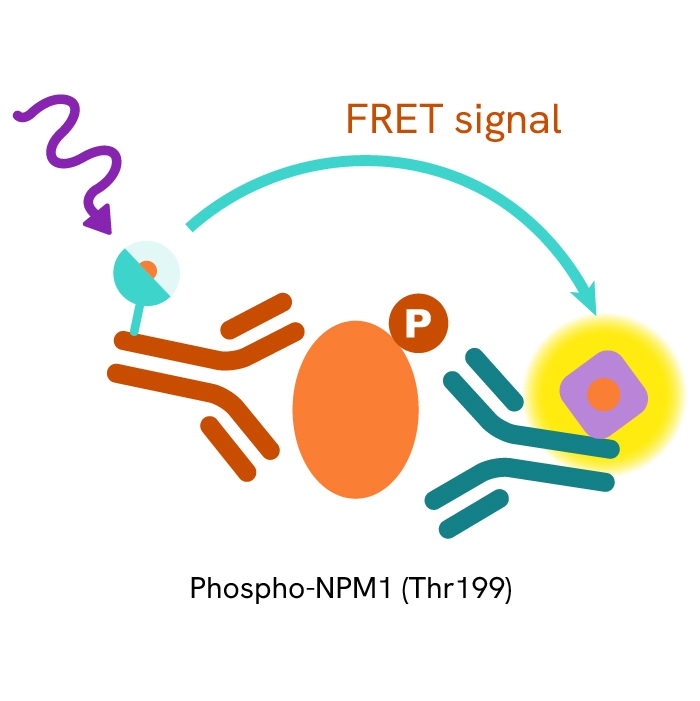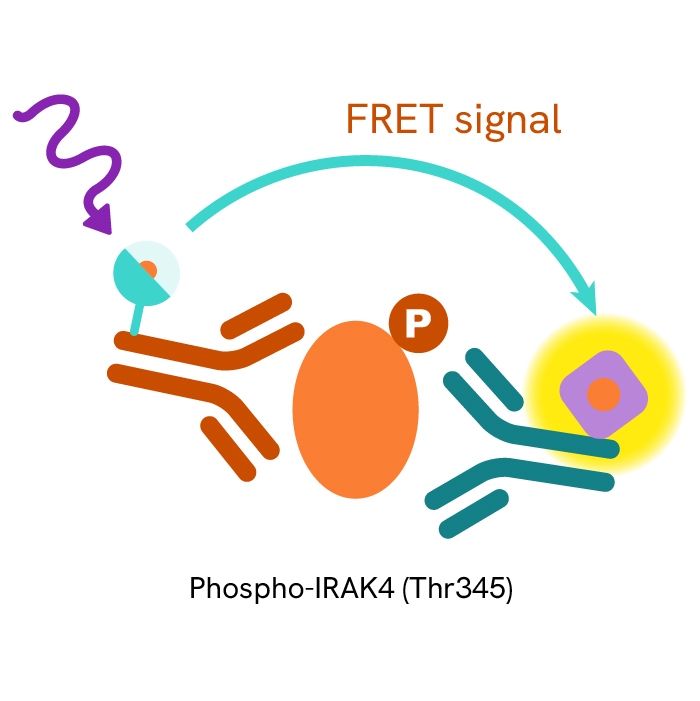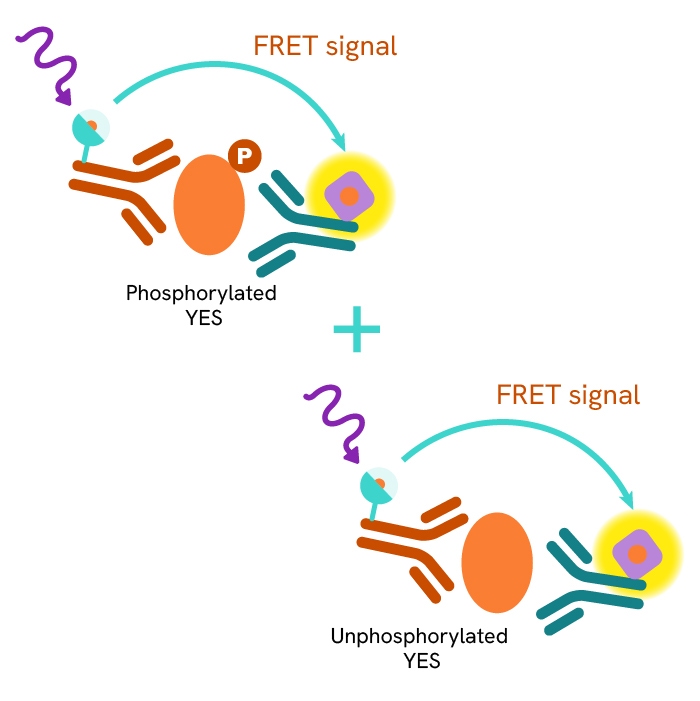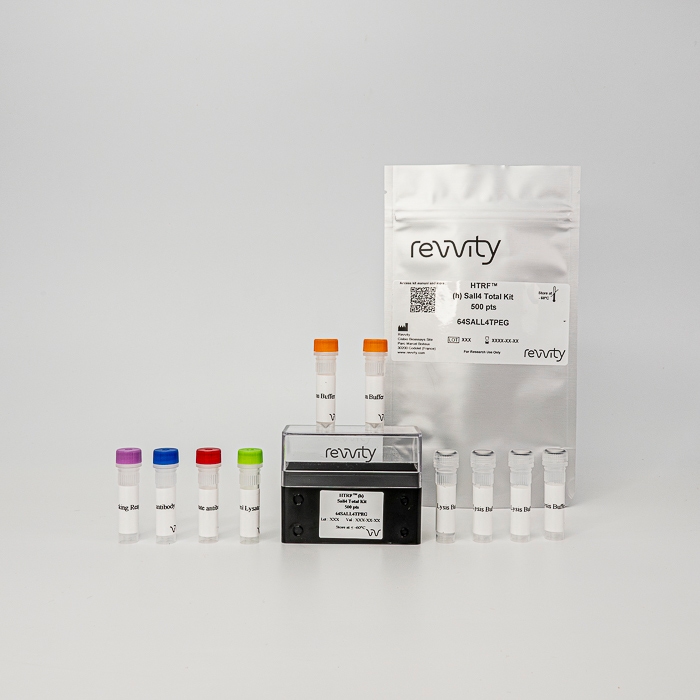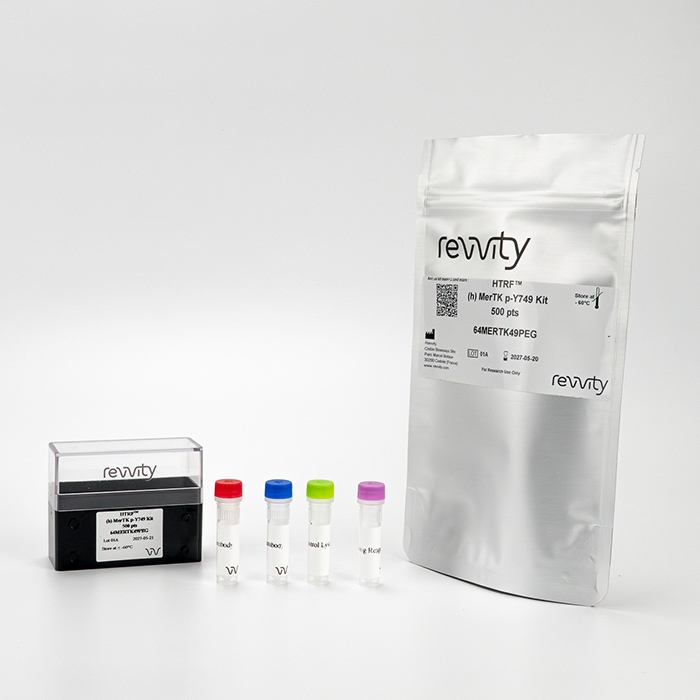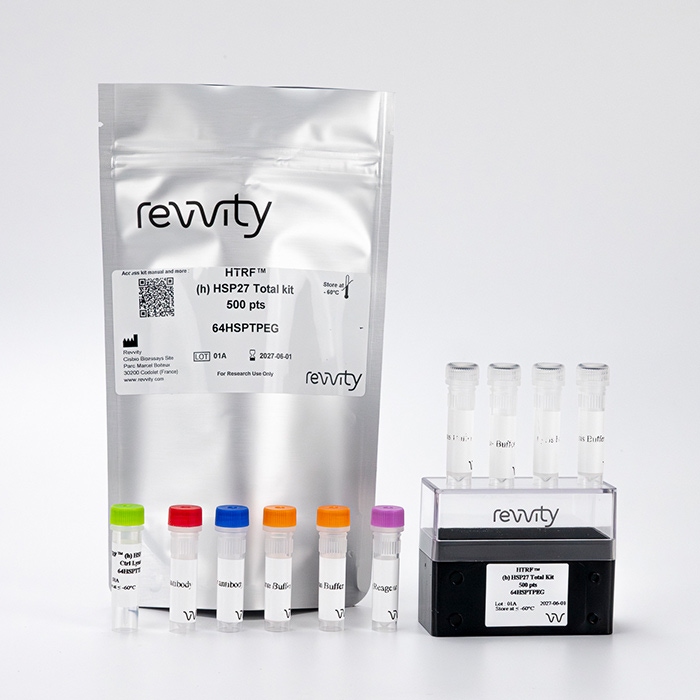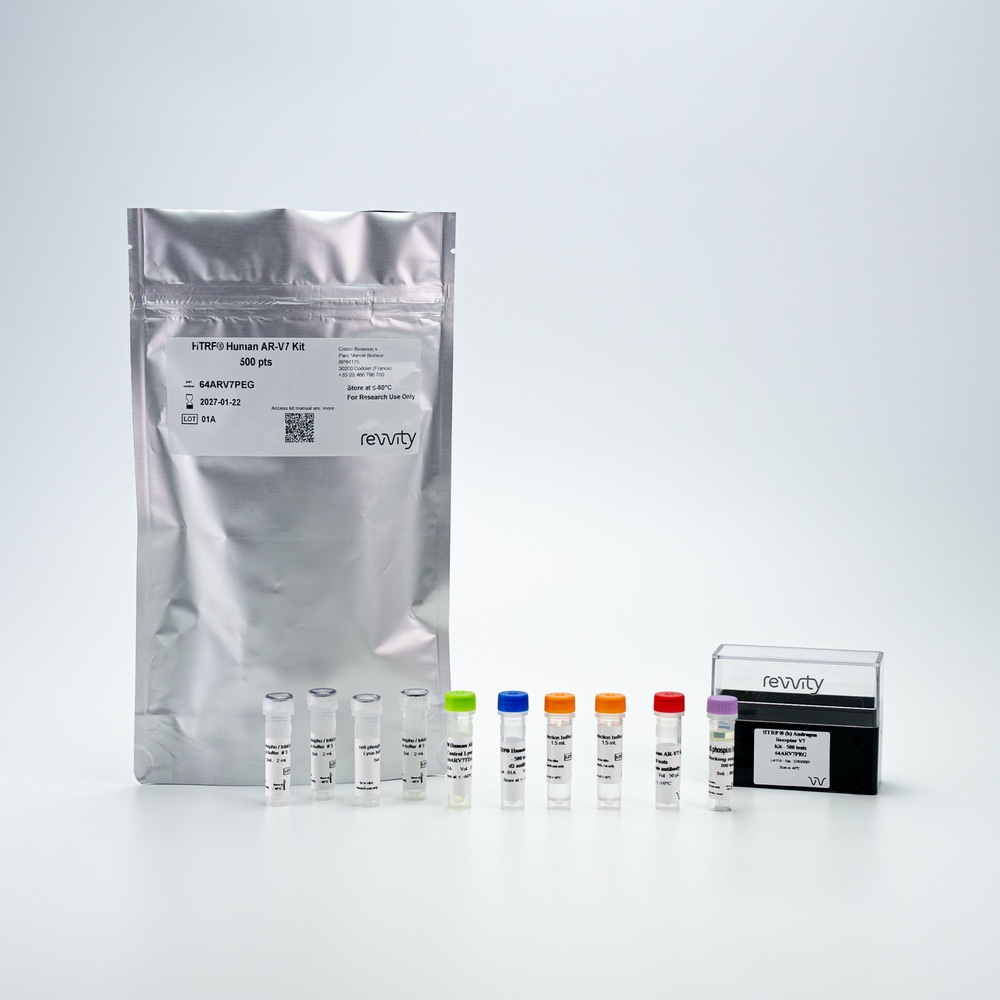Explore our solutions

Target area
Explore cell-based and biochemical assays by target area of interest, including cell and gene therapy, GPCRs, targeted protein degradation, and more.
Explore cell-based and biochemical assays by target area of interest, including cell and gene therapy, GPCRs, targeted protein degradation, and more.
- Biologics screening and characterization: Explore assays for biologics screening, mechanism-of-action studies, and biomanufacturing.
- Biomarker detection: Accurate detection and quantitation of molecular targets across serum, plasma, culture supernatants, cellular lysates, and other sample types.
- Cell and gene therapy: Discover and advance cell and gene therapy research with bioanalytical immunoassays for CGT development.
- Cell signaling: Focus on cell signaling and intracellular phosphorylated proteins, with streamlined approaches to pathway analysis.
- Cytokines: Access a comprehensive range of cytokine assay kits, including interleukins, interferons, chemokines, tumor necrosis factors, and lymphokines.
- Epigenetics: Leverage our epigenetics toolbox, designed to detect specific methylation and acetylation marks on histone peptide substrates.
- GPCRs: Measure cAMP levels and track downstream protein phosphorylation with functional GPCR assays.
- Protein kinases: Explore an extensive portfolio of protein phosphorylation assays, available in cell-based or biochemical no-wash formats.
- Protein-protein interactions: Utilize highly sensitive assays to study protein interactions involved in a range of biological processes.
- Receptor binding: Access cell-based solutions with no separation steps and eliminate radioactive waste, an improvement over traditional SPA and radioligand binding assays.
- Targeted protein degradation: Monitor protein expression levels and characterize the mechanism of action using our total and phospho kits.

Therapeutic area
Explore cell-based and biochemical assays by your therapeutic area of research, including oncology, neuroscience, metabolic diseases, and more.
Explore cell-based and biochemical assays by your therapeutic area of research, including oncology, neuroscience, metabolic diseases, and more.
- Autoimmune diseases: Comprehensive reagents for autoimmune disease research, including rheumatoid arthritis, lupus, inflammatory bowel disease, multiple sclerosis, and more.
- Obesity, diabetes, and metabolic diseases: Solutions for drug discovery in obesity, diabetes, and metabolic diseases, featuring assays for biomarker detection, protein analysis, and GPCR research.
- Fibrosis: Ready-to-use assays for monitoring biomarkers, phosphoproteins, and transcription factors relevant to fibrotic disease research.
- Immuno-oncology: Assays for studying immunity and immune cells, covering protein, biomarker, and cytokine detection, as well as cell toxicity and proliferation.
- Oncology: A comprehensive oncology portfolio, including assays for cytokines, biomarkers, phospho-proteins, cell proliferation, cytotoxicity, and more.
- Neuroscience: A wide range of neuroscience assays to support research in neurodegenerative disorders such as Alzheimer’s, Parkinson’s, and Huntington's disease.
- Virology: Assay technologies for viral studies, enabling assessment of viral life cycles and antiviral immune responses with streamlined workflows.
Featured resources


Filters
1 - 25 of 1235 Products and Services
This HTRF kit allows for the cell-based quantitative detection of DAP12 when phosphorylated at Tyr91.
This HTRF kit allows for the cell-based quantitative detection of Total PARP1.
This HTRF kit allows for the cell-based quantitative detection of Tie2 when phosphorylated at Tyr992.
This HTRF kit allows for the cell-based quantitative detection of Total Tie2.
This HTRF kit allows for the cell-based quantitative detection of total ARID1A.
This HTRF kit allows for the cell-based quantitative detection of Total IRE1.
This HTRF kit allows for the cell-based quantitative detection of total DAP12.
This HTRF kit allows for the cell-based quantitative detection of IRE1 when phosphorylated at Ser724.
This HTRF kit allows for the cell-based quantitative detection of NPM1 when phosphorylated at Thr199.
This HTRF kit allows for the cell-based quantitative detection of IRAK4 when phosphorylated at Thr345.
This HTRF kit allows for the cell-based quantitative detection of Total YES.
This HTRF kit allows for enable the cell-based quantitative detection of Total SALL4.
This HTRF kit allows for the cell-based quantitative detection of MerTK when phosphorylated at Tyr749.
This HTRF kit allows for the cell-based quantitative detection of Total HSP27.
The Human FLT3 kit is designed to monitor the expression level of cellular FLT3. This kit can be used as a normalization assay with our Phospho-FLT3 Tyr 589/591 and Phospho-FLT3 Tyr 842 kits to enable optimal investigation of the FLT3 pathway.
The HTRF Human Androgen Receptor Variant 7 kit is designed to quantify the expression levels of Androgen Receptor variant 7 (AR-V7) within cell lysates.
This HTRF kit enables the cell-based quantitative detection of MSH3 as a readout for DNA mismatch repairs in DNA replication.
This HTRF kit enables the cell-based quantitative detection of total PINK1 as a readout of the Mitophagy pathway.
The Total Cyclin E1 kit is designed to monitor the expression level of cellular Cyclin E1, an oncogene overexpressed in many human cancers.
This HTRF enables the cell-based quantitative detection of Alpha-Synuclein when phosphorylated at Ser129 and aggregated.
The Progranulin HTRF kit is designed for the accurate quantitative measurement of Progranulin produced by cells.
This HTRF kit enables the cell-based quantitative detection of phosphorylated CDK1 (Cyclin-Dependent Kinase 1) at Tyr 15, which is an inhibitory phospho-site essential for maintaining genome integrity and preventing DNA damage during the G2-M phase transition.
The HTRF Human ADAR1 Detection Kit is designed to monitor the expression level of cellular ADAR1.
The AAV3B Capsid kit is designed for the quantitative measurement of Adeno-associated virus serotype 3B (AAV3B) particles in both cell lysates and cell supernatants.
The HTRF Human Phospho-MET Tyr1234/1235 detection kit is designed to monitor the expression level of cellular MET phosphorylated at Tyrosine 1234/1235.






























